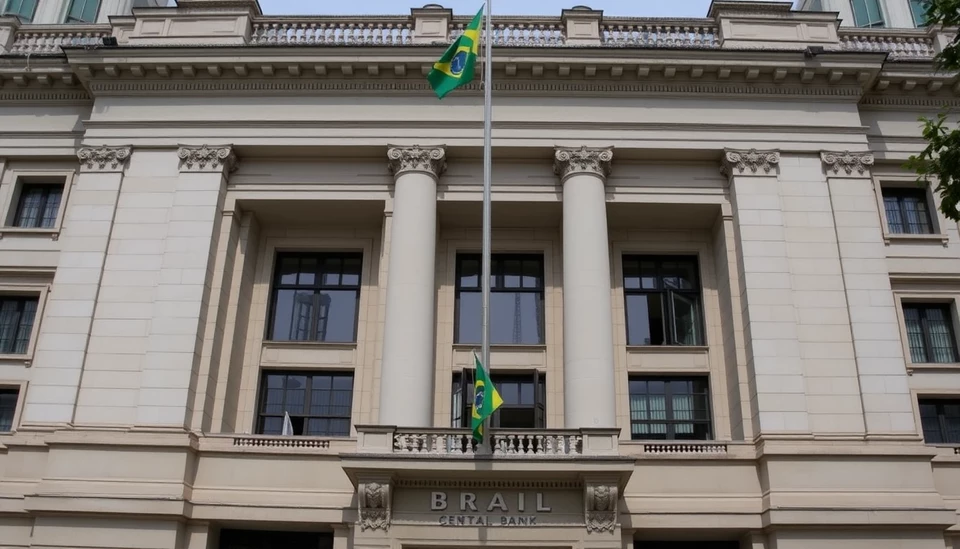
In a significant move aimed at stabilizing its rapidly depreciating currency, the Brazilian Central Bank has stepped into the foreign exchange market to combat the ongoing selloff of the real. This intervention comes as the real has faced mounting pressures, leading to a decline that has raised concerns among investors and policymakers alike.
The recent fluctuations in the currency are primarily attributed to a confluence of domestic challenges and external economic factors. Inflationary pressures have continued to plague Brazil, with rising costs of living affecting consumer confidence and spending. This situation is exacerbated by a global increase in interest rates, which has encouraged capital outflows from emerging markets, further weakening the real.
On a recent day, the real witnessed a significant drop, prompting the central bank's urgent intervention. Authorities sold dollars from its reserves to provide liquidity and seek to reassure the market of the real's stability. Such measures are critical at this juncture, as the depreciation has not only made imports more expensive for Brazilians but has also created volatility in the financial markets.
Economists speculate that the central bank may engage in additional measures if the selloff continues. Previous interventions in currency markets have had mixed results, and analysts are closely watching the effectiveness of this latest strategy. The overarching goal is to restore investor confidence and mitigate the fear of an unchecked devaluation, which could have widespread implications for the Brazilian economy.
In light of this intervention, market experts are keenly analyzing the central bank's next steps. They warn that while such measures can provide short-term relief, they may not address the underlying structural issues facing the Brazilian economy. The focus remains on long-term strategies that can stabilize inflation and cultivate sustainable growth.
As Brazil navigates these turbulent economic waters, the central bank's actions will be critical in shaping the future of the real. Stakeholders from various sectors are watching closely, as the ramifications of the currency's performance extend beyond the immediate financial landscape, impacting trade balances, foreign investment, and overall economic health.
In conclusion, the Brazilian Central Bank's decision to intervene in the currency market underscores the urgency of addressing the real's depreciation amidst numerous economic challenges. The actions taken now could determine the trajectory of Brazil’s financial stability and economic recovery moving forward.
#Brazil #CentralBank #CurrencyMarket #Real #EconomicStability #ForexIntervention #Inflation #EmergingMarkets #FinancialNews
Author: Daniel Foster




